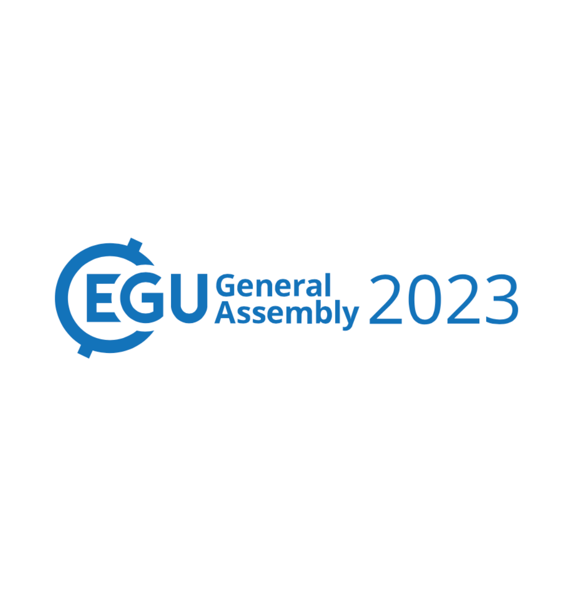EGU2023
Home | Events | Researchers | EGU2023

Vienna, Austria, 23–28 April 2023.
The General Assembly 2023 of the European Geosciences Union (EGU) is held at the Austria Center Vienna (ACV) in Vienna, Austria and online, from 23–28 April 2023. The assembly is open to the scientists of all nations. The EGU General Assembly 2023 brings together geoscientists from all over the world to one meeting covering all disciplines of the Earth, planetary, and space sciences. The EGU aims to provide a forum where scientists, especially early career researchers, can present their work and discuss their ideas with experts in all fields of geoscience. Register here.
ENVRI at EGU2023
As most years, ENVRI community will be present at the EGU23 in Vienna on 23–28 April 2023. In adition to the ENVRI booth, below is the list of session proposals that are organised by the ENVRI scientific community. Please consider submitting your abstracts to one of these sessions. The abstract submission deadline is 10 January 2023, 13:00 CET. More information and guidelines on how to submit an abstract can be found on the EGU23 website.
Sessions from the ENVRI community
AS2.4
Air-Land Interactions (General Session)
Co-sponsored by iLEAPS and ICOS
Convener: Natascha Kljun | Co-conveners: Anne Klosterhalfen, Matthias Mauder, Christoph Thomas
AS3.22
Science-based, measurement-based greenhouse gas monitoring and emission estimates in support of national, sub-national and industrial climate change mitigation
Convener: Phil DeCola | Co-conveners: Beata Bukosa, Werner Leo Kutsch, Oksana Tarasova
BG3.25
Gas exchange and emission mitigation options in agricultural ecosystems
Convener: Christof Ammann | Co-conveners: Christian Brümmer, Eliza Harris, Alexander Moravek, Alex Valach
BG3.13
Novel methods for bridging modelling and understanding of carbon, energy, and water fluxes from leaf to continental scales
Convener: Mana Gharun | Co-conveners: Alexander J. Winkler, Gregory Duveiller, M. Piles, Rossella Guerrieri
BG3.21
Soil gases: production, consumption and transport processes | PICO
Convener: Jukka Pumpanen | Co-conveners: Bernard Longdoz, Martin Maier, Anna Walkiewicz, Nicholas Nickerson
BG8.3
Long-term flux observation and ecosystem research networks – benefits for science and society
Convener: Andreas Ibrom | Co-conveners: Marilyn Roland, Dario Papale, Natalia Kowalska
BG9.5
Reconciling process-based modelling and machine learning in biogeochemistry
Co-organised by CL5/NP4
Convener: Holger Lange | Co-conveners: Christina Bogner, Sebastian Sippel
ESSI2.9
Open Interoperability Frameworks Built by Scientists for Scientists to Meet Global Societal Challenges
Co-sponsored by AGU
Convener: Angeliki AdamakiECS | Co-conveners: Anca Hienola, Kirsten Elger, Lesley Wyborn, Jacco Konijn
ESSI3.1
In-situ Earth observation and geospatial data sharing and management as key basis for the climate emergency understanding
Convener: Ivette Serral | Co-conveners: Alba Brobia, Joan Masó, Marie-Francoise Voidrot, José Miguel Rubio Iglesias
GI3.3
Airborne observations in multidisciplinary environmental research using European Research Infrastructures; observations, campaigns and future plans
Co-organized by AS4 /ESSI4/PS1
Convener: Thomas Ruhtz | Co-conveners: Kristine Dannenberg, Hannah Clark, Shridhar Jawak, Philip Brown
HS10.2
Estimates of evapotranspiration from in-situ measurements – uncertainties in comparison and scaling
Co-organized by BG3
Convener: Sibylle K. Hassler | Co-conveners: Jannis Groh, Harrie-Jan Hendricks Franssen, Corinna Rebmann